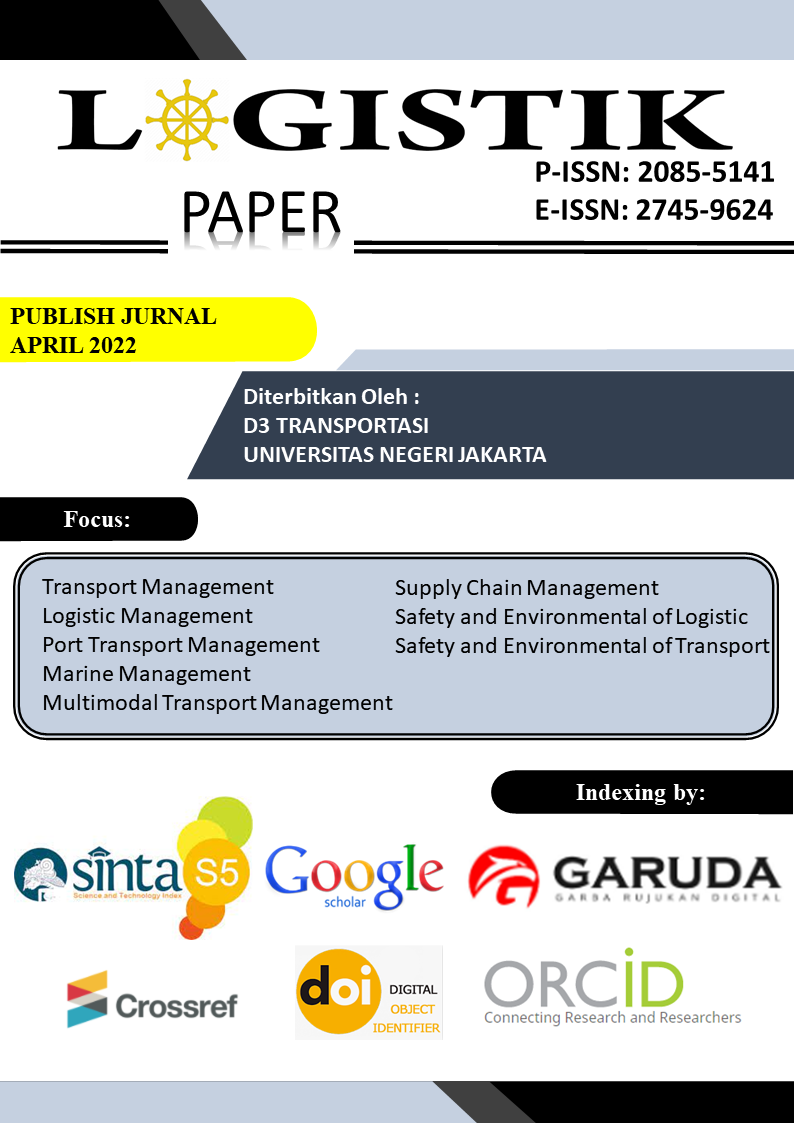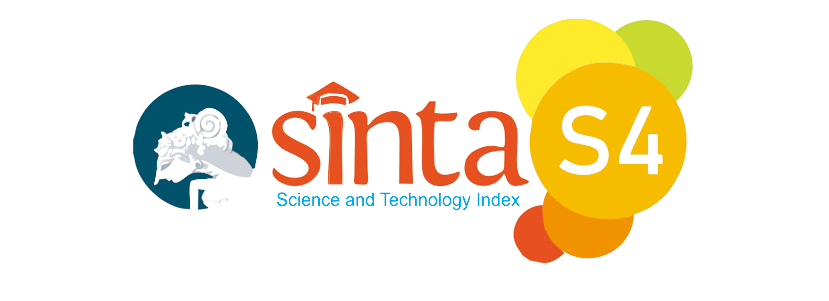Peramalan Alokasi BBM Subsidi Kereta Api dengan Metode Statistika dan Machine Learning (Studi Kasus: Badan Pengatur Hilir Minyak dan Gas Bumi Jakarta)
DOI:
https://doi.org/10.21009/logistik.v15i01.26497Keywords:
Forecasting, Refined Fuel Oil, Statistics, Machine Learning, MAPEAbstract
Based on the results of the on-desk verification on June 2nd, 2021, it was found that there was a quite significant overstock of subsidized refined fuel oil for PT KAI (Indonesian Railways Company) during the Covid-19 pandemic, 42.9% in the first quarter of 2021 for passenger train types. The purpose of this study is to find out forecasting with statistical methods and machine learning in solving the overstock problem by finding the best fuel oil allocation scenario for PT KAI with the benchmark is the measurement that yields the smallest error using the Mean Absolute Percentage Error (MAPE). Experiment results show that exponential method with a MAPE value of 7.37% is good in predicting the allocation for the passenger train section of PT KAI of 8,474.52 and 7,836.58 kiloliters for the 3rd and 4th quarter of 2021, 7,246.65 and 6,701.14 kiloliters for the 1st and 2nd quarter of 2022. This research was conducted based on condition that there was no previous research that forecast the refined fuel oil needs of the passenger train section of PT KAI that was heavily affected by Covid-19.
Downloads
Published
Issue
Section
License
Authors who publish with this Journal agree to the following terms:
- Author retain copyright and grant the journal right of first publication with the work simultaneously licensed under a creative commons attribution licensethat allow others to share the work within an acknowledgement of the work’s authorship and initial publication of this journal.
- Authors are able to enter into separate, additional contractual arrangementfor the non-exclusive distribution of the journal’s published version of the work (e.g. acknowledgement of its initial publication in this journal).
- Authors are permitted and encouraged to post their work online(e.g. in institutional repositories or on their websites) prior to and during the submission process, as it can lead to productive exchanges, as well as earlier and greater citation of published works.
-
Users/public use of this website will be licensed to CC BY-NC-SA Creative Commons Attribution-NonCommercial-ShareAlike 4.0 International License








